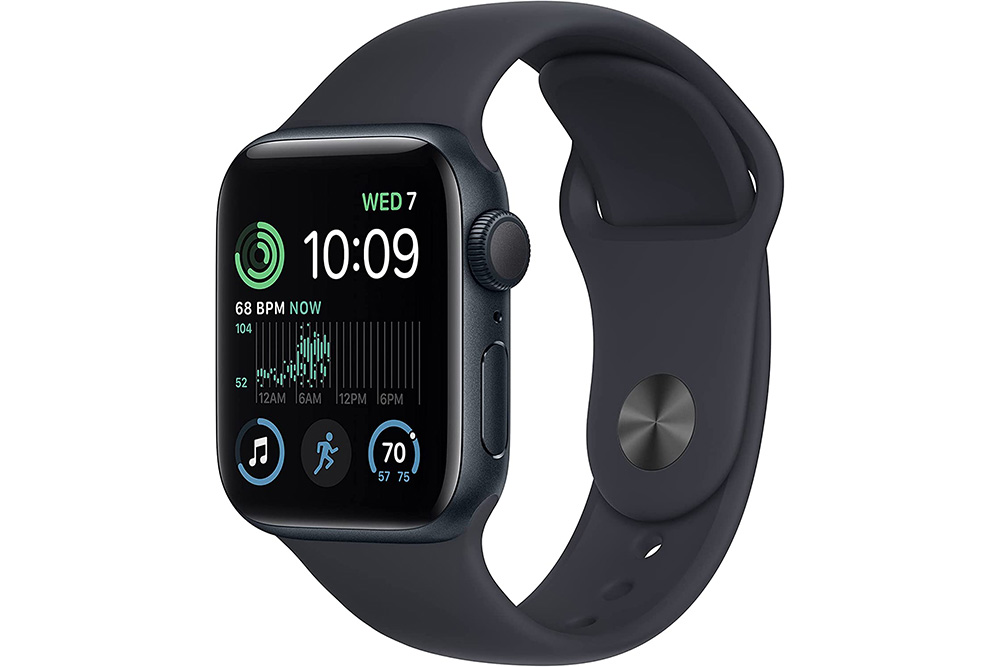Unlocking the Secrets of Intermittent Fasting: A Comprehensive Guide to Boosting Your Metabolism and Improving Your Health
Intermittent fasting is a popular trend that has taken the health and fitness world by storm. It’s a simple yet effective way to improve your overall health, boost your metabolism and promote weight loss. In this article, we will dive into the science behind intermittent fasting and explore the various benefits it offers. We’ll also provide tips and tricks to help you get started and make the most out of your fasting journey.
Understanding Intermittent Fasting: A Breakdown of Popular Methods and Guidelines
Intermittent fasting is an eating pattern where you cycle between periods of eating and fasting. It’s not a diet, but rather a pattern of eating. There are several different methods of intermittent fasting, each with its own unique set of rules and guidelines.
The most popular methods include:
- The Warrior Diet: This method involves eating one large meal at night and fasting during the day.
- The OMAD Diet: This stands for “One Meal a Day” and involves eating one large meal during a specific hour of the day and fasting for the remaining 23 hours.
- The Eat-Stop-Eat Method: This method involves fasting for 24 hours once or twice a week.
- The Alternate Day Method: This method involves alternating between days of eating normally and days of calorie restriction.
- The Spontaneous Meal Skipping: This method involves skipping meals as the feeling of hunger arises.
- The Extended Fasting Method: This method involves fasting for longer periods, such as 3 days, 7 days or even longer.
- The Time-Restricted Eating: This method involves eating only during a specific time of the day, such as 6 hours or 8 hours, and fasting the remaining hours.
- The 5:2 Diet: This method involves eating normally for 5 days and restricting calories to 500-600 for the other 2 non-consecutive days.
- The 16/8 Method: This involves fasting for 16 hours and eating during an 8-hour window.
The Science of Intermittent Fasting: How it Works to Improve Your Health
Intermittent fasting works by putting your body into a state of ketosis, where it begins to burn fat for energy instead of carbohydrates. When you fast, your body’s insulin levels drop, which triggers the release of stored fat. This fat is then broken down into ketones, which are used as energy by the body. Intermittent fasting also increases the production of growth hormone, which helps to build muscle and promote fat loss. Additionally, it has been shown to improve insulin sensitivity, lower inflammation and reduce the risk of chronic diseases.
Discover the Many Benefits of Intermittent Fasting: From Weight Loss to Increased Longevity
Intermittent fasting offers a wide range of benefits, including:
- Weight loss: Intermittent fasting can help to promote weight loss by increasing the body’s ability to burn fat.
- Increased energy: Fasting allows the body to enter a state of ketosis, which provides a steady source of energy.
- Improved brain function: Intermittent fasting has been shown to improve memory and focus.
- Longevity: Studies have shown that intermittent fasting can increase lifespan and reduce the risk of age-related diseases.
- Improved metabolism: Intermittent fasting can improve insulin sensitivity and boost metabolism.
Starting Intermittent Fasting: Tips and Tricks for a Smooth Transition
Starting an intermittent fasting routine can be intimidating, but with a little planning and preparation, it can be easy to incorporate into your daily routine.
- Choose a method: Decide which method of intermittent fasting works best for you and your lifestyle.
- Gradually ease into it: Start with shorter fasting periods and gradually increase the length of your fasts.
- Hydrate: Make sure to drink plenty of water during your fasting periods to stay hydrated.
- Listen to your body: Pay attention to your body’s signals and stop if you feel unwell.
Achieving Success with Intermittent Fasting: Proven Tips and Strategies
- Plan your meals: Plan your meals in advance to make sure you have healthy options available during your eating window.
- Stick with it: Consistency is key when it comes to intermittent fasting. Stick with it and give your body time to adjust.
- Don’t overdo it: Intermittent fasting is not a license to overeat. Make sure to eat healthy, nutrient-dense foods during your eating window.
- Exercise: Exercise is important for overall health and can help to boost the effects of intermittent fasting.
Additional Health Benefits of Intermittent Fasting: From Cardiovascular Health to Cancer Prevention
In addition to the benefits I mentioned earlier, such as weight loss, increased energy, improved brain function, and longevity, intermittent fasting may also offer several other benefits:
- Improved cardiovascular health: Intermittent fasting has been shown to lower blood pressure, improve cholesterol levels, and reduce the risk of heart disease.
- Improved immune function: Fasting has been shown to increase the production of white blood cells, which are responsible for fighting off infections and illnesses.
- Cancer prevention: Intermittent fasting may help to reduce the risk of certain types of cancer by lowering inflammation and promoting cell repair.
- Better blood sugar control: Intermittent fasting can improve insulin sensitivity and help to regulate blood sugar levels, which may be beneficial for those with type 2 diabetes.
- Enhanced cognitive function: Intermittent fasting has been shown to improve memory, focus, and overall cognitive function.
- Lowers Inflammation: Studies have shown that Intermittent fasting may help to lower levels of inflammation, which can help to reduce the risk of chronic diseases.
It is important to note that more research is needed to understand the extent of these benefits and how they apply to different population groups. As always, it’s important to consult with your healthcare provider before starting any new dietary or exercise regimen.
Intermittent Fasting: The Ultimate Guide to Unlocking Your Metabolism and Improving Your Health
Intermittent fasting is a powerful tool for improving your overall health and well-being. It can help to boost your metabolism, promote weight loss, improve brain function and increase lifespan. While it may seem intimidating at first, with a little planning and preparation, it can be easily incorporated into your daily routine. Remember to choose a method that works best for you, listen to your body, and stick with it for best results. Keep in mind that like any lifestyle change, it’s important to consult with your healthcare provider before starting Intermittent fasting. With the right approach, intermittent fasting can be a valuable addition to your health and fitness journey.
Image by senivpetro on Freepik








